Everyday Trust VS. Vulnerable Trust
January 31, 2022
Trusting others is different for everyone. For some, they can trust other people quickly. While others, it takes time to gain trust in each other. However, in certain circumstances, like being disabled, sometimes you must trust others immediately. There have been many times that I have had to trust strangers in order to get assistance.
When I think about my life and how I have trusted others, I break it down into two types of trust– everyday trust and vulnerable trust.
Everyday trust is a part of many people’s lives. In relationships, partners trust each other everyday with some of the most private information that a person can have. People also trust their doctors with their medical information and concerns. However, I have to trust strangers in my everyday life. With my disability, I often need help from people that I have never met. The help I need ranges from getting something off of a shelf at a store to swiping my debit card at a coffee shop. Of course these are two very different things, but both can be a very awkward interaction that takes trust in the other person to be kind and helpful. In the past, I have also needed assistance picking up my phone from the ground, texting or calling someone, getting unstuck from a doorway, using an elevator or getting food or a drink. All of these things involve trusting someone else to help me, even though they aren’t obligated to do so.
Then, there is vulnerable trust, which can be scary. It is one of the hardest parts of being disabled. Many able bodied people don’t have to be vulnerable to strangers, especially at a young age. Starting in Pre-K, I had to allow other people to help me to the restroom. This continued until senior year of high school. Usually, at the beginning of every school year I would have to teach at least one new person how to take me to the restroom. At all times, there were usually three or four staff members in the school who could take me. As you can imagine, this was a very private and vulnerable thing, yet by high school, most students knew that certain teachers took me to the bathroom. Also, using a wheelchair my entire life led to students asking questions. I don’t mind answering questions now, but when I was younger, I didn’t feel comfortable answering personal questions. Other kids used to ask some of the most personal questions. Even in middle school, I had the same person ask me daily how I use the bathroom. From a very young age I had to set boundaries of how much I wanted to share with other students. I knew that I told them certain things, I would be treated more differently than I already was. I just wanted to be what I thought was “normal” at that time. But this goes beyond just my life, this is a reality for many disabled people. They have to hire caretakers, or assistants, that help them go to the restroom, bathe, change clothes, transport to and from areas in their home and countless other personal activities. Unfortunately, the caretakers are interchangeable, meaning you could have a different caretaker everyday. This means that you have to be vulnerable and teach someone new constantly. Having to teach someone so personal repeatedly can be very disheartening. It can break down your confidence and your feeling of being independent.
As I continue to grow and live my life, I find it easier to trust others, but with boundaries. I have found the balance of how much to share about my life and disability, depending on the person and circumstance that I am in.


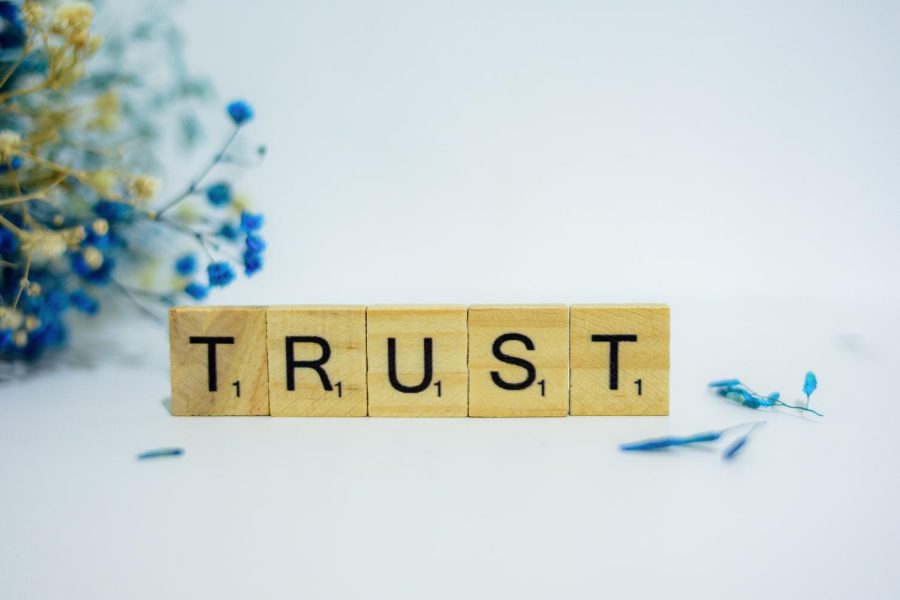


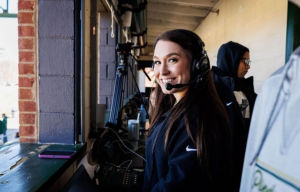


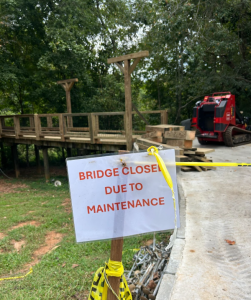
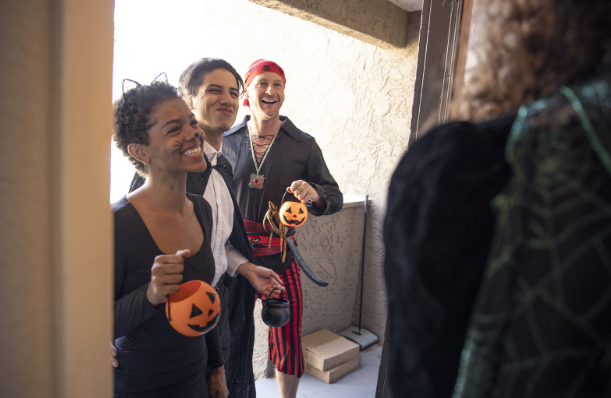
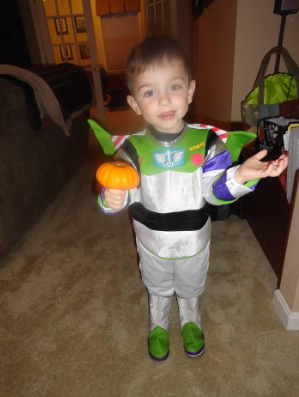
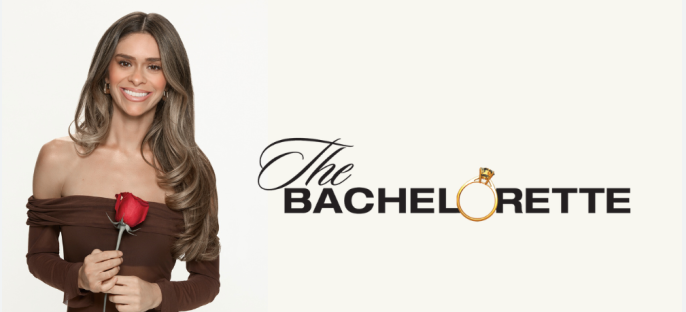
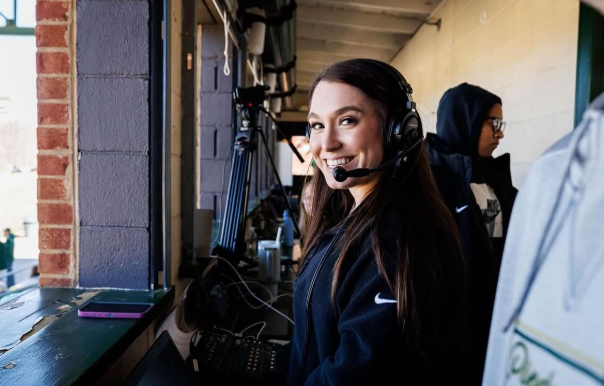
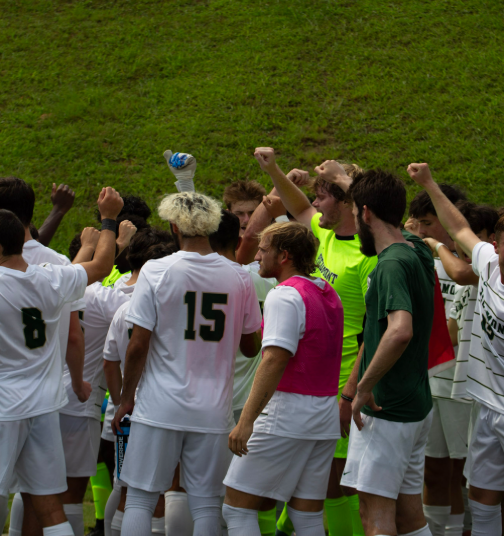
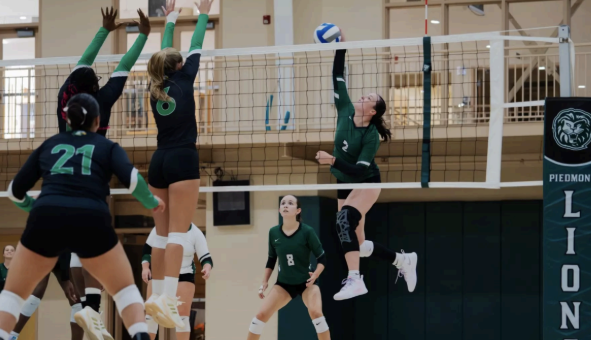
Toi • Feb 7, 2022 at 6:07 am
I enjoyed reading your piece. You are such a strong individual! Thank you for sharing.